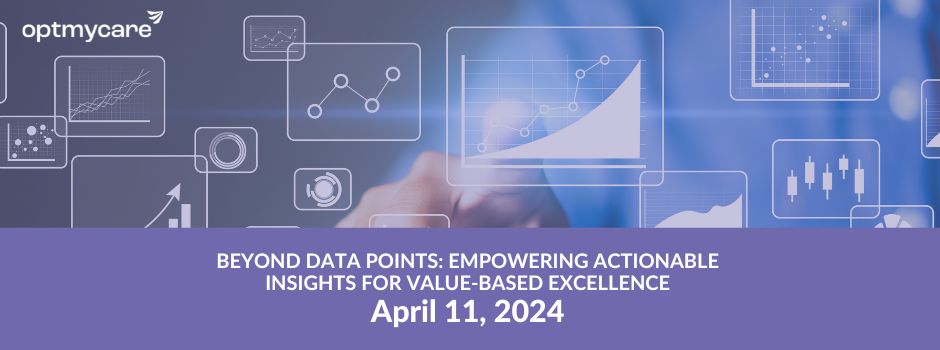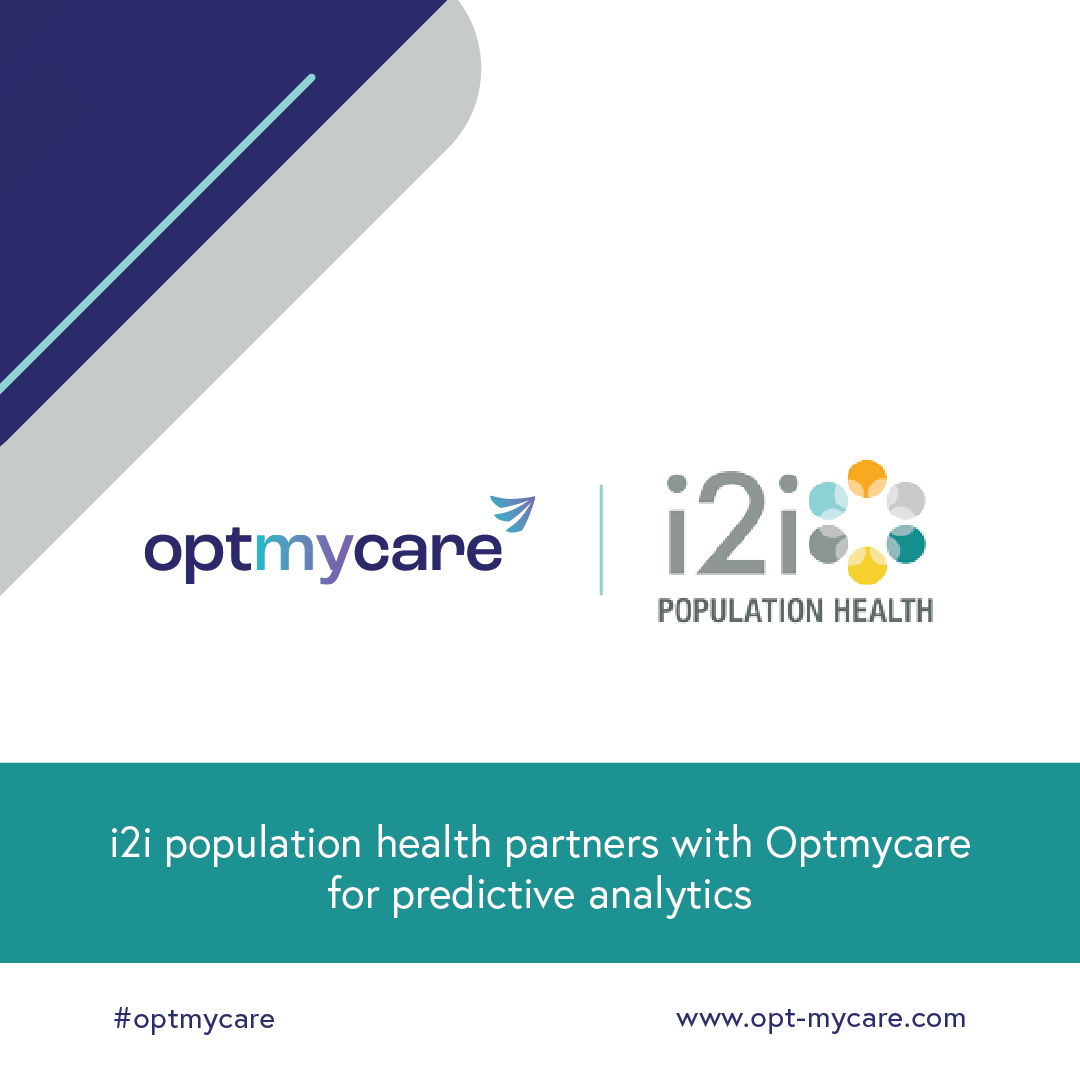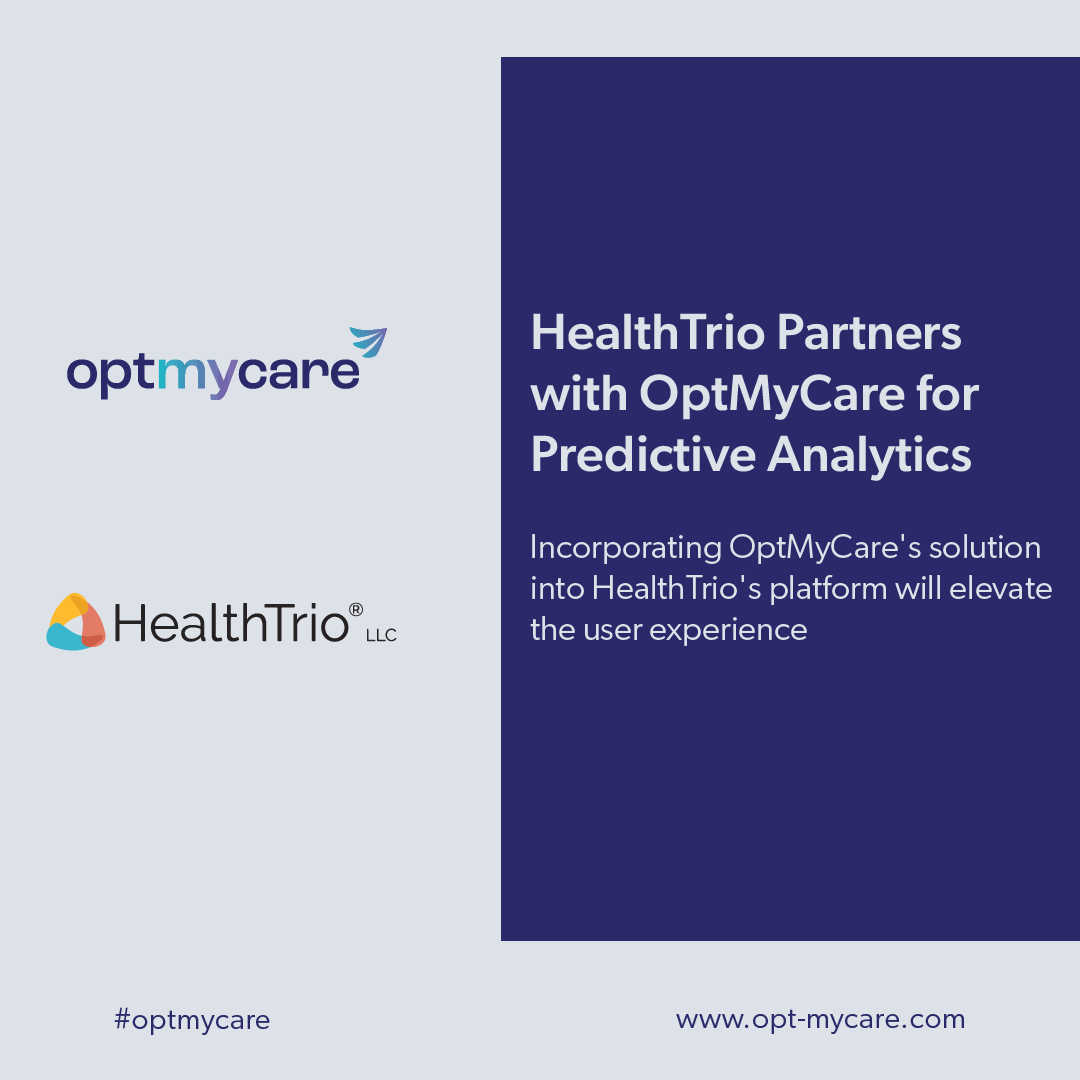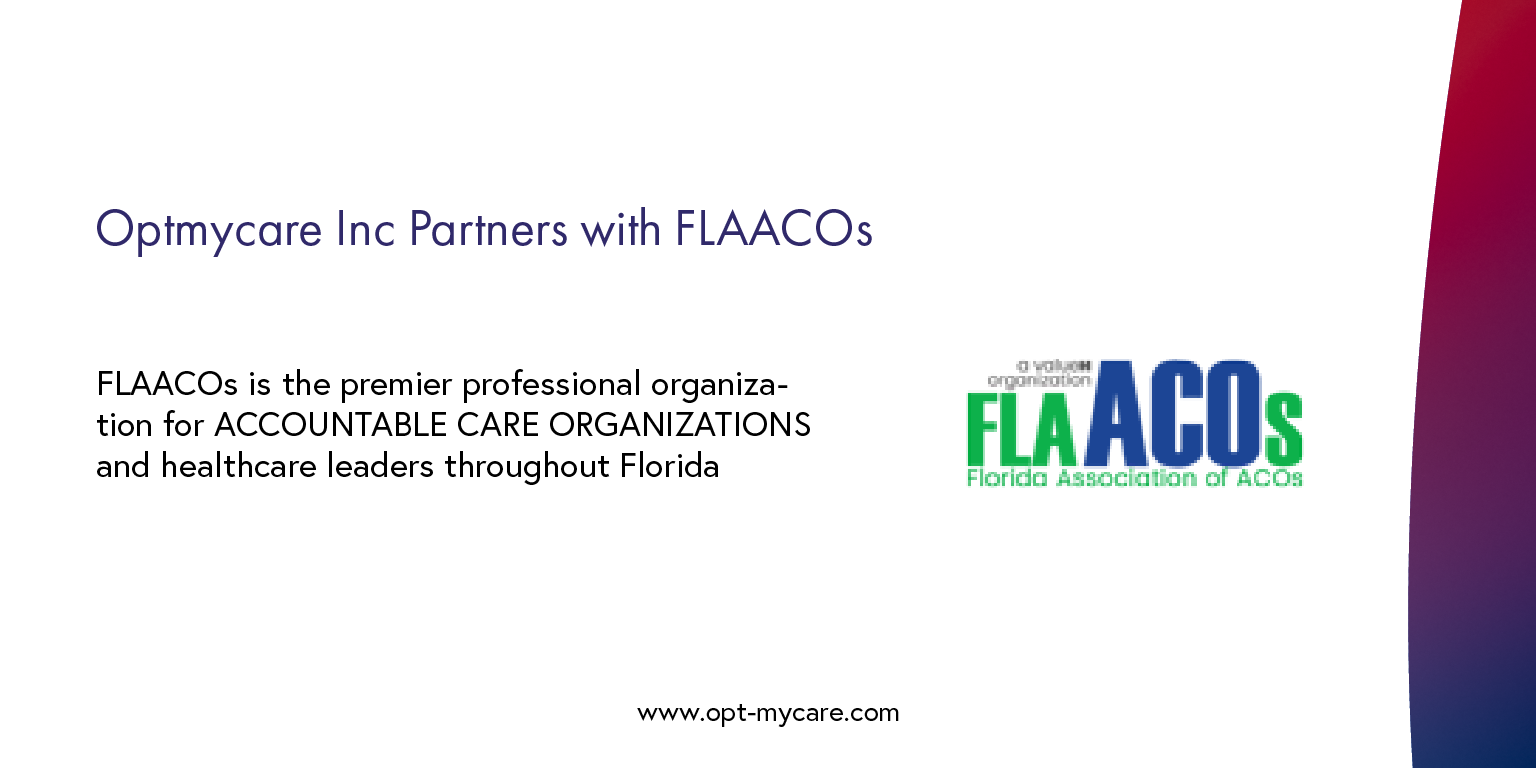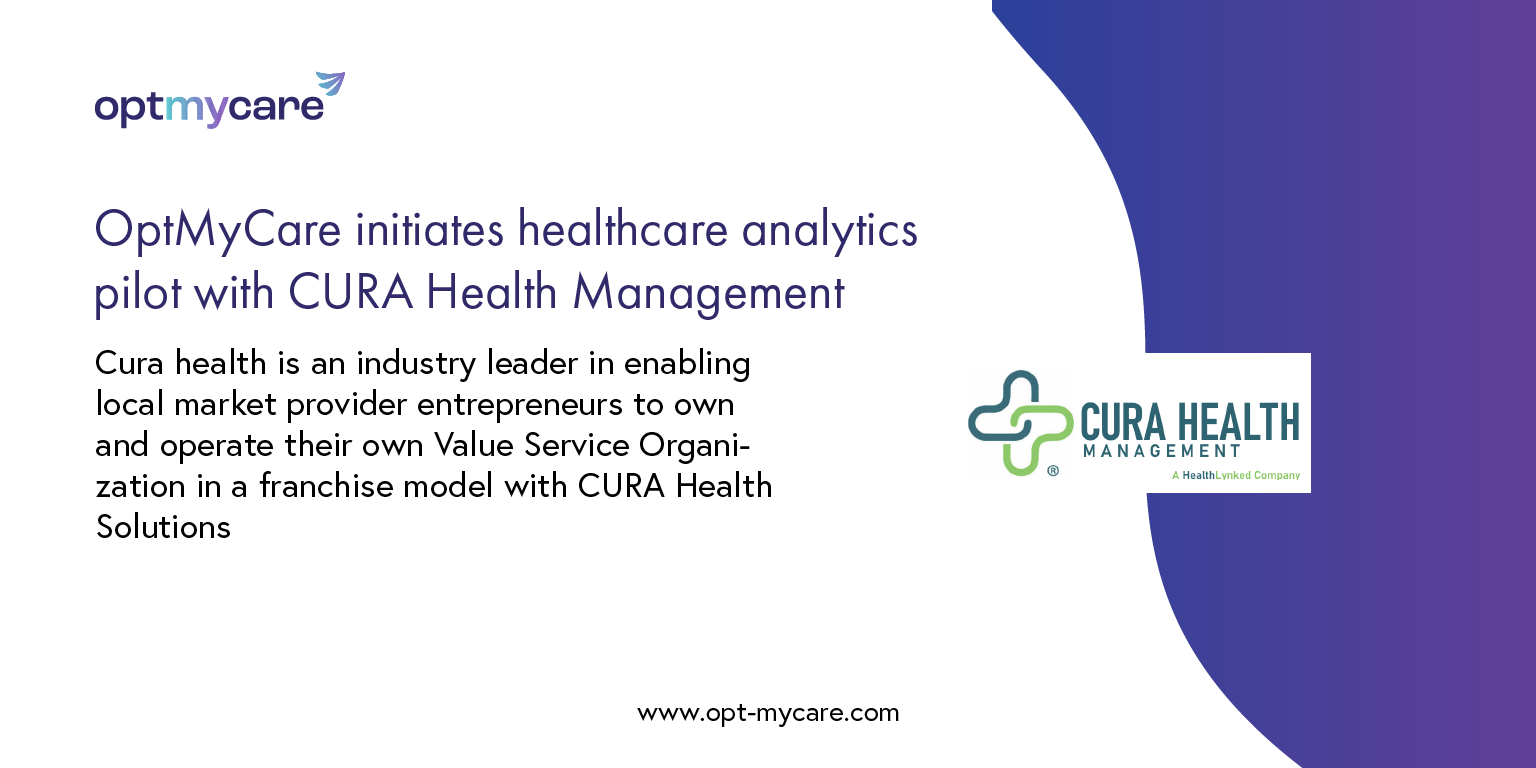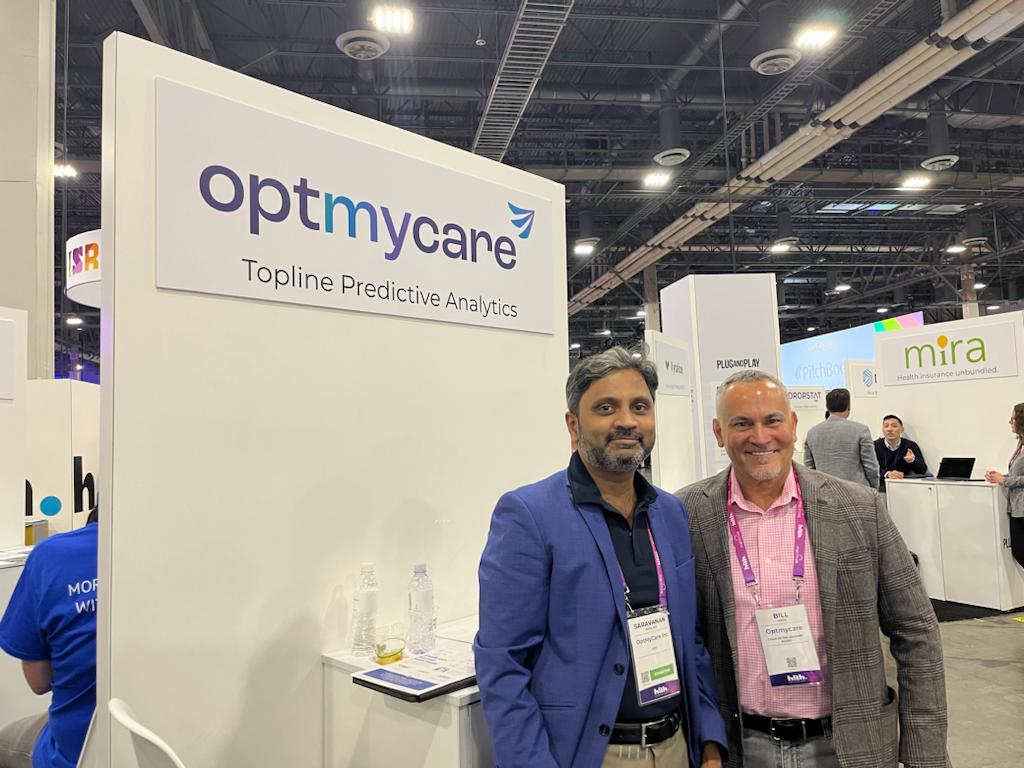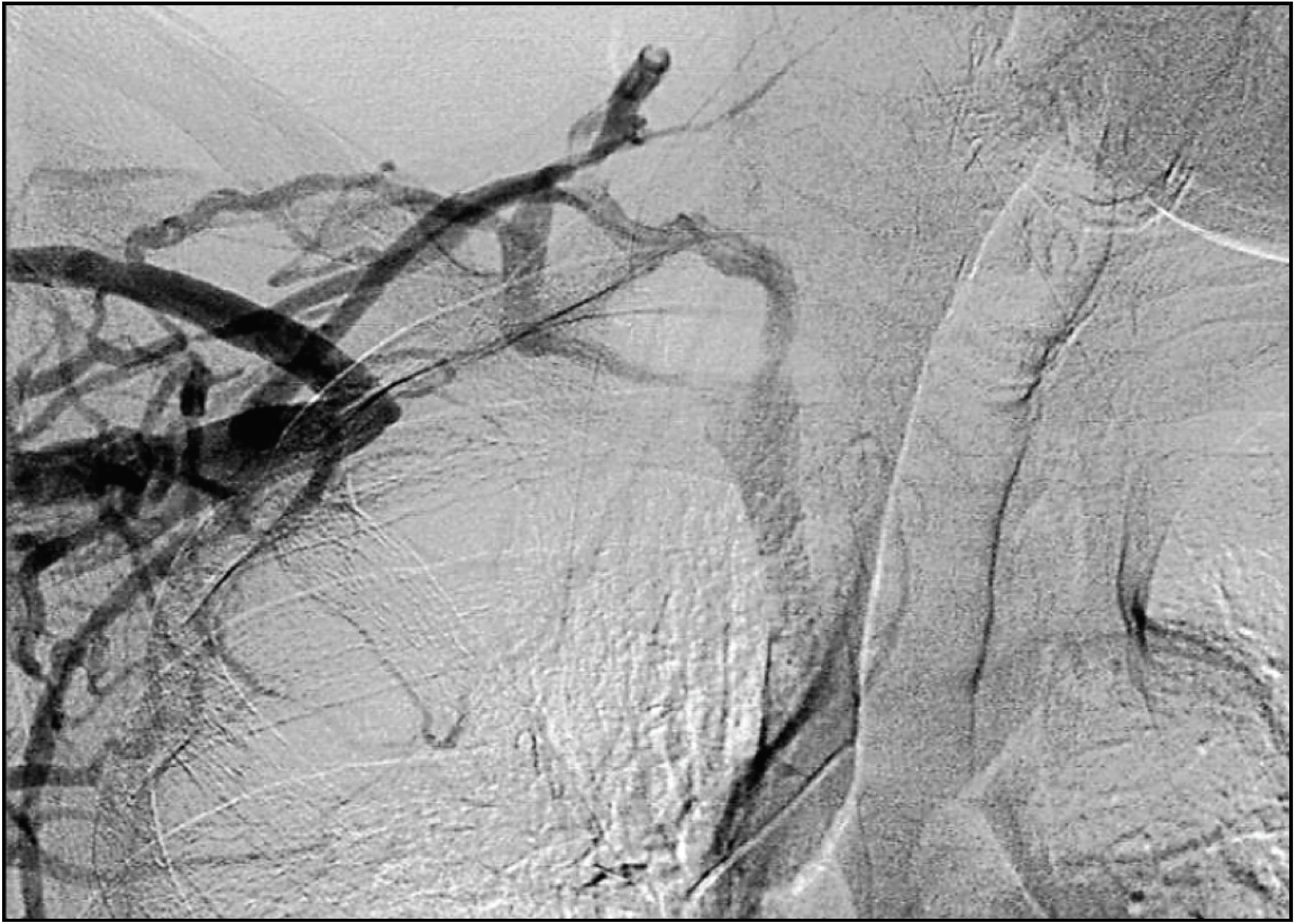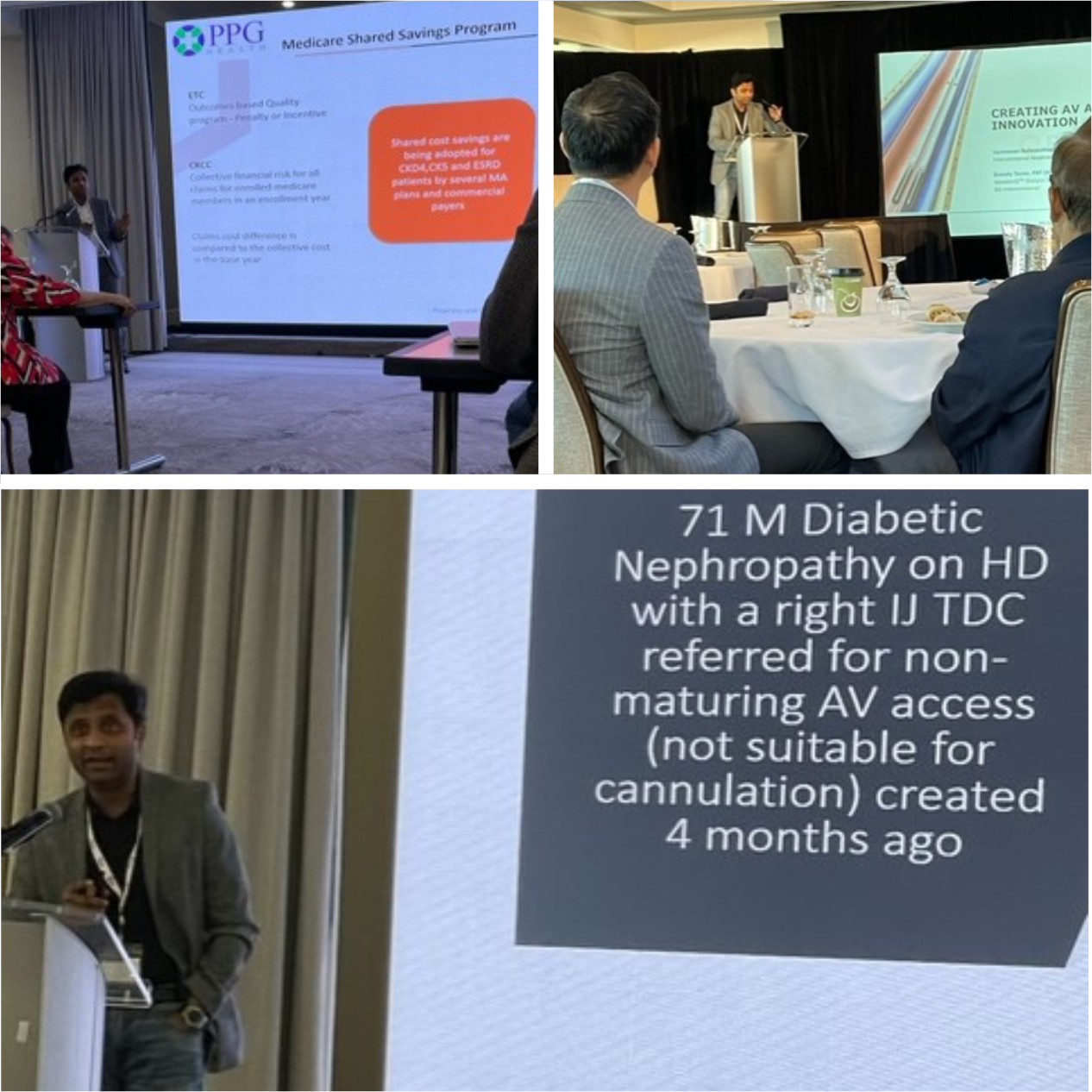In today’s healthcare arena, the move towards value-based care (VBC) is shaking up the way we provide and receive healthcare. As organizations embark on this transformative journey, predictive analytics and risk stratification tools step into the spotlight as invaluable allies, offering insights that guide wiser decisions and foster better outcomes. Let’s delve into the cornerstone elements of these tools, uncovering how they empower value-based care organizations to deliver top-notch, cost-effective healthcare.
Accuracy: The Backbone of Reliable Predictive Analytics
Let’s envision a patient, whom we’ll call Sarah, managing diabetes for several years. Through predictive analytics, Sarah’s healthcare team sifts through her health data, from blood glucose levels to medication adherence and lifestyle habits. By accurately forecasting Sarah’s future health risks – like the potential for diabetic complications or hospital stays – her care team can proactively fine-tune her treatment plan. For instance, if predictive analytics raise a red flag for diabetic neuropathy, Sarah’s team can prioritize routine foot check-ups and offer guidance on proper foot care to stave off complications.
Research underlines the significant cost-cutting potential of accurate predictive analytics. A study published in the Journal of Medical Economics revealed that healthcare organizations leveraging predictive analytics saw an average annual savings of $25 million by curbing hospital readmissions and emergency room visits. By flagging patients like Sarah, susceptible to complications, healthcare organizations can swoop in early with targeted measures, such as care management programs or remote health monitoring, resulting in substantial cost savings and better patient outcomes.
Clinically Developed Models: Customizing Risk Stratification for Real-World Patients
In healthcare, one size certainly doesn’t fit all. That’s precisely why clinically developed risk stratification models are paramount. Let’s take the example of a value-based care organization catering to a diverse patient demographic. By crafting risk stratification models that account for each patient’s distinct clinical profile, socio-economic circumstances, and cultural nuances, the organization can better pinpoint those at heightened risk of adverse health events.
Consider John, a patient juggling multiple chronic conditions, limited English proficiency, and transportation hurdles. A clinically developed risk stratification model doesn’t just skim John’s medical history; it also considers his social determinants of health, like access to transportation and language barriers. By singling out patients akin to John, facing numerous care barriers, the organization can tailor interventions and care plans to address their specific needs, ensuring better outcomes and heightened patient satisfaction.
Prescriptive Analytics: Transforming Insights into Tangible Strategies
Predictive analytics can paint a vivid picture of what might unfold, but prescriptive analytics take the narrative a step further by offering actionable advice. Let’s spotlight Emily, diagnosed with hypertension. Using predictive analytics, Emily’s healthcare team gauges her risk of cardiovascular events – think heart attacks or strokes – based on her health data and medical past.
With prescriptive analytics, Emily’s care team doesn’t just stop at identifying her cardiovascular risk; they map out personalized interventions to manage her condition effectively. Say Emily’s risk profile flags a higher likelihood of cardiovascular mishaps; her care team might suggest tailored tactics, such as medication tweaks, dietary tweaks, and lifestyle adjustments, to rein in her blood pressure and stave off cardiovascular incidents. By rolling out these personalized measures, Emily can take proactive strides to bolster her health outcomes and slash her long-term healthcare expenses.
Conclusion
In wrapping up, predictive analytics and risk stratification tools are reshaping the value-based care landscape. By zeroing in on accuracy, leveraging clinically honed models, and tapping into the potential of prescriptive analytics, organizations can usher in more effective, patient-centric care that trims costs and ramps up outcomes. Let’s rally behind these tools, pooling efforts to forge a healthcare realm that’s not just reactive but predictive, preventive, and ultimately, more impactful for all.

